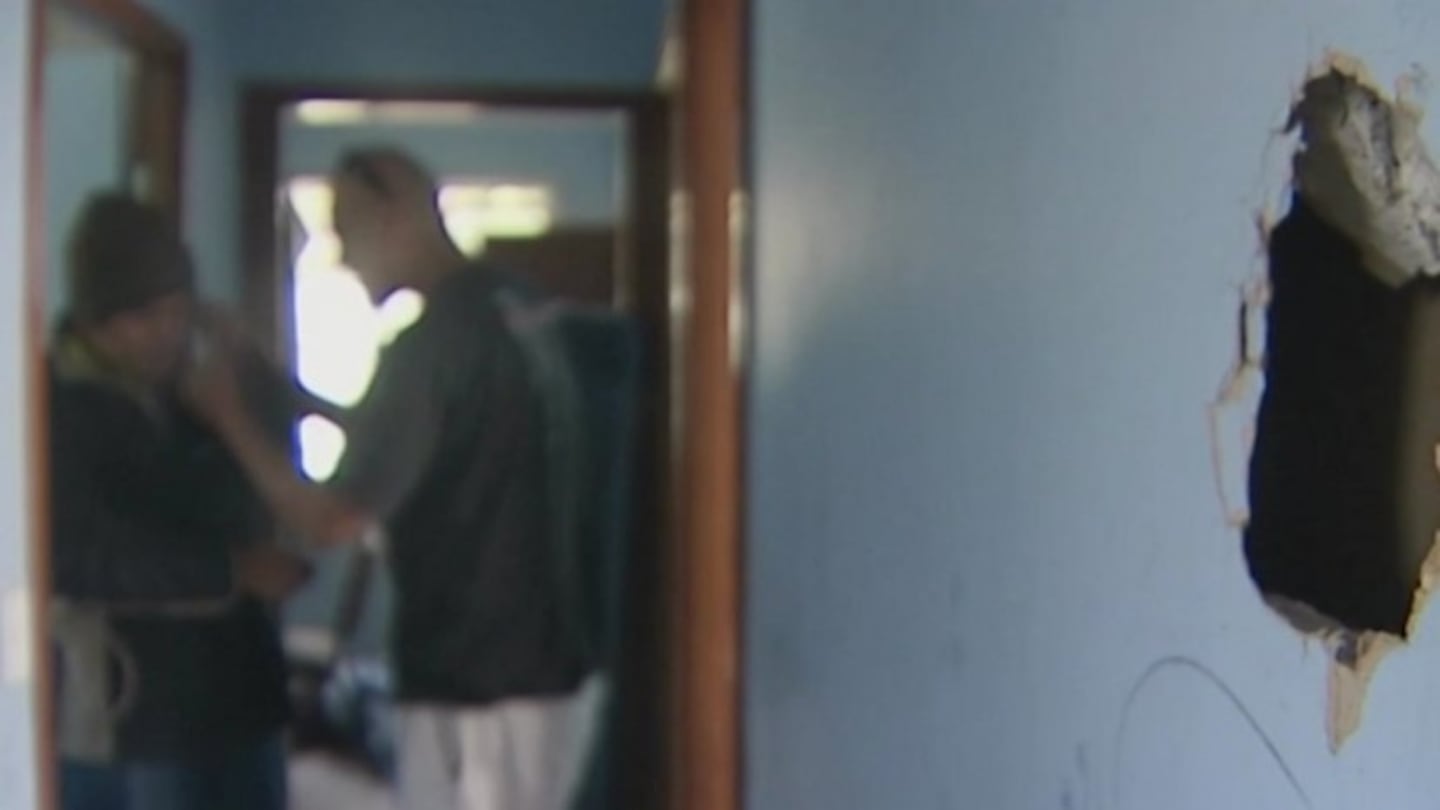The rate of Māori deaths as a result of family violence has decreased in the past 12 months compared to the 10 years before, according to a new report released today.
The seventh report by the Family Violence Death Review Committee shows 23 per cent of deaths in 2021 were Māori, compared to 44 per cent between 2009-2019.
The report says it is too early to determine if the decrease is simply an outlier. However, the committee acknowledges the "whole of whānau" work Māori organisations have undertaken in recent years to address family harm.
Committee chair Dr Fiona Cram says Māori community organisations are leading the way and their approach can show whānau how to form genuine, respectful relationships.
The report highlights the work of three kaupapa Māori organisations, Tū Tama Wāhine o Taranaki, Tūhoe Hauora and Manaaki Tairāwhiti, which are embedding a duty to care for their people, resulting in less risk of unseen victims and more opportunities for families and whānau to guide service delivery.
Different community approaches
‘In contrast, some of our government institutions are yet to move,’ Cram said.
Leslynne Jackson of Manaaki Tairāwhiti says the report shows the work done at community levels that are challenging boundaries and testing new ways, or in some cases “old ways of doing things and doing them better".
“That means having strong, trusting relationships between whānau and the places where they want to get the support they need at whatever point in their journey."
Jackson says trust then extends to funders and care providers in a way that allows greater capacity for help and cares to be delivered to the people who need it.
Committee member Nicola Atwool said the case studies of the three Māori organisations speak to what is possible and also suggests they have what is needed to create a paradigm shift in the sector by putting communities at the centre of the duty to care.
“And the mainstream organisations' responsibility is to facilitate that engagement by working in ways that are enabling and don't get in the way of allowing those people to do the very real mahi that they are doing.”
'Tragic events preventable'
Despite the encouraging statistics highlighted in the report, it also revealed the discrepancies between those working in the community and those at a national level.
It urges government agencies to work to fulfil their legal duty of care for whanau impacted by family violence and be good partners with community organisations.
Dennis Grennell of Ngā Pou Arawhenua, the panel that assists the Health Quality and Safety Commission understand Māori mortality review practices, says “the breakdown in communication with agencies, the lack of cultural understanding, the lack of understanding of the pressures on the disabled community and that these tragic events were preventable.”
Minister for the Prevention of Family and Sexual Violence, Marama Davidson said the report has strengthened her resolve and affirms the strong foundation of Te Aorerekura.
“It’s essential all government agencies, and community organisations can provide victim-survivors and perpetrators of violence with the safe and effective responses they need,” Davidson said.
“The recent release of our family violence workforce capability frameworks is an early but crucial step in providing all workforces with a shared understanding of family violence drivers and to know how to identify risks and to respond appropriately.”


